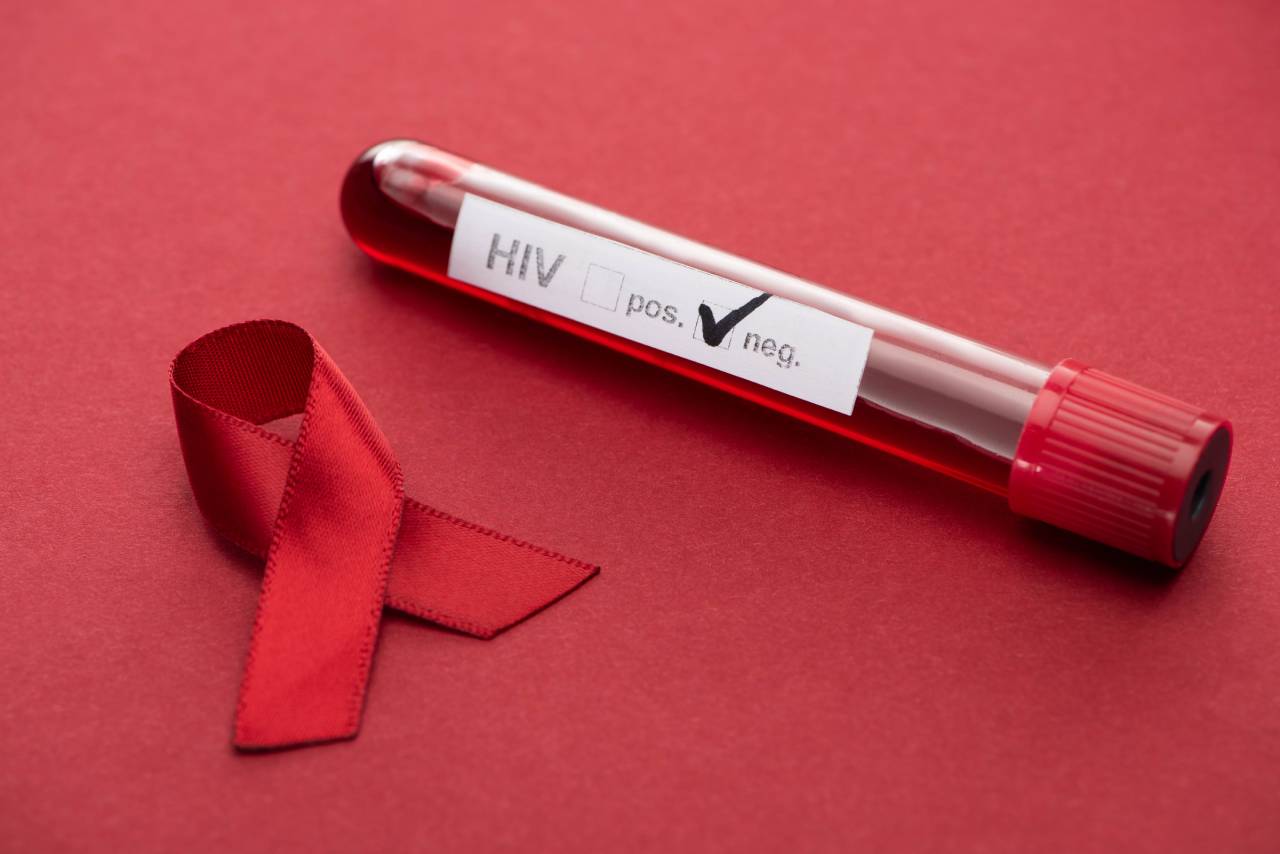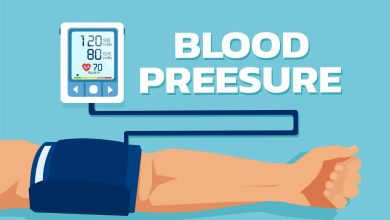Negative Blood Types: Myths, Truths, and Intriguing Facts Revealed

Blood types play a crucial role in medical science, directly influencing blood transfusions, organ transplants, and even everyday health care. They are categorized based on the presence or absence of specific antigens in our blood cells, primarily through the ABO and Rh systems.
Among these types, negative blood types often generate curiosity and misconceptions. Many people believe that these blood types are exceedingly rare or prone to more health issues. In this blog post, we will explore the myths and truths surrounding negative blood types and delve into some intriguing facts that might surprise you.
Understanding these nuances can help debunk long-standing misconceptions and provide clarity for those with negative blood types.
Understanding Blood Types
The presence or absence of specific antigens on the surface of red blood cells determines blood types. The most well-known categorization systems are the ABO and Rh systems. The ABO system classifies blood into four primary types: A, B, AB, and O. Each type depends on the kinds of antigens present; for instance, Type A has A antigens, Type B has B antigens, Type AB has both, and Type O has neither.
On the other hand, the Rh system revolves around the Rh factor, an additional antigen that can be either present (+) or absent (−). The presence of the Rh factor leads to a positive blood type, whereas its absence results in a negative blood type.
Understanding the Rh factor is particularly important because it affects compatibility in blood transfusions and pregnancy. For example, an Rh-negative mother carrying an Rh-positive baby can face medical complications without appropriate care. Hence, blood type classification, including the Rh factor, plays a vital role in ensuring safe medical practices.
Common Myths about Negative Blood Types
Despite extensive scientific understanding, several myths about negative blood types persist. One common myth is that negative blood types are extremely rare. While it’s true that certain negative blood types are less prevalent in the general population compared to their positive counterparts, they are not as uncommon as many believe.
Another prevalent myth is that individuals with negative blood types are more prone to health issues. However, there is no substantial evidence to suggest that negative blood types inherently cause more health problems than positive blood types.
Lastly, a widespread misconception is that people with negative blood types can’t donate blood. In reality, negative blood type donors are actually in high demand because their blood can be safely transfused to both negative and positive patients, making them invaluable contributors to blood banks and hospitals.
By understanding the realities behind these myths, we can better appreciate the vital role that negative blood types play in health care and blood donation.
Truths about Negative Blood Types
Negative blood types, while less common than their positive counterparts, are present in varying frequencies across different populations. For instance, in Caucasian populations, approximately 15% have a negative Rh factor, whereas in Asian populations, this number drops to around 1%. The health implications of having a negative blood type generally intersect with issues of blood transfusion compatibility.
Rh-negative individuals can only safely receive Rh-negative blood, making it crucial to manage blood supplies meticulously.
Additionally, during pregnancy, specific precautions are necessary if an Rh-negative mother is carrying an Rh-positive baby to prevent complications such as hemolytic disease of the newborn. These compatibility rules highlight the importance of understanding one’s blood type and the nuanced role it plays in both personal and broader healthcare contexts.
Intriguing Facts about Negative Blood Types
Negative blood types hold fascinating stories and implications beyond medical science. Many famous personalities are known to have negative blood types, contributing to their unique public personas. For example, renowned figures such as Queen Elizabeth II and Paul McCartney have Rh-negative blood, sparking curiosity and intrigue among fans and followers.
The role of negative blood types in scientific research is equally compelling, as they offer insights into genetic markers and disease resistance patterns. Researchers study negative blood types to understand better the genetic variations and evolutionary history, which has implications for personalized medicine and genetic counseling.
Moreover, historical and cultural beliefs surrounding negative blood types add another layer of fascination. In some cultures, negative blood types were thought to bestow special traits or abilities, while in others, they were considered markers of purity or distinction.
These intriguing facts highlight the multifaceted significance of negative blood types, extending their value from the realms of healthcare to the broader tapestry of human history and culture.
Frequently Asked Questions (FAQs) about Negative Blood Types
When it comes to negative blood types, several common questions and concerns often arise.
1. What is the difference between positive and negative blood types?
- A: Positive blood types have the Rh factor antigen on the surface of their red blood cells, while negative blood types do not.
2. How rare are negative blood types?
- A: The rarity of negative blood types varies by population. For example, approximately 15% of Caucasians have a negative Rh factor, but this drops to around 1% in Asian populations.
3. Are people with negative blood types more susceptible to health problems?
- A: No, there is no substantial evidence to suggest that negative blood types cause more health problems than positive blood types.
4. Can individuals with negative blood types donate blood?
- A: Yes, individuals with negative blood types are highly valuable as blood donors because their blood can be safely transfused to both negative and positive recipients.
5. What are the implications of having a negative blood type during pregnancy?
- A: If an Rh-negative mother is carrying an Rh-positive baby, specific medical precautions are needed to prevent complications such as hemolytic disease of the newborn.
6. Can someone with a negative blood type receive a transfusion from someone with a positive blood type?
- A: No, Rh-negative individuals should only receive Rh-negative blood to avoid adverse reactions.
7. Should I carry any special identification if I have a negative blood type?
- A: Yes, carrying a medical ID that specifies your negative blood type can be crucial for ensuring you receive prompt and correct medical treatment in emergencies.
8. Why is it important to know your blood type?
- A: Understanding your blood type is essential for compatible blood transfusions and managing potential Rh incompatibility during pregnancy.
9. How can I find out my blood type?
- A: A blood test conducted by a healthcare provider can determine your blood type.
10. Are there any special dietary or lifestyle considerations for people with negative blood types?
- A: No, there are no specific dietary or lifestyle recommendations solely based on having a negative blood type.




